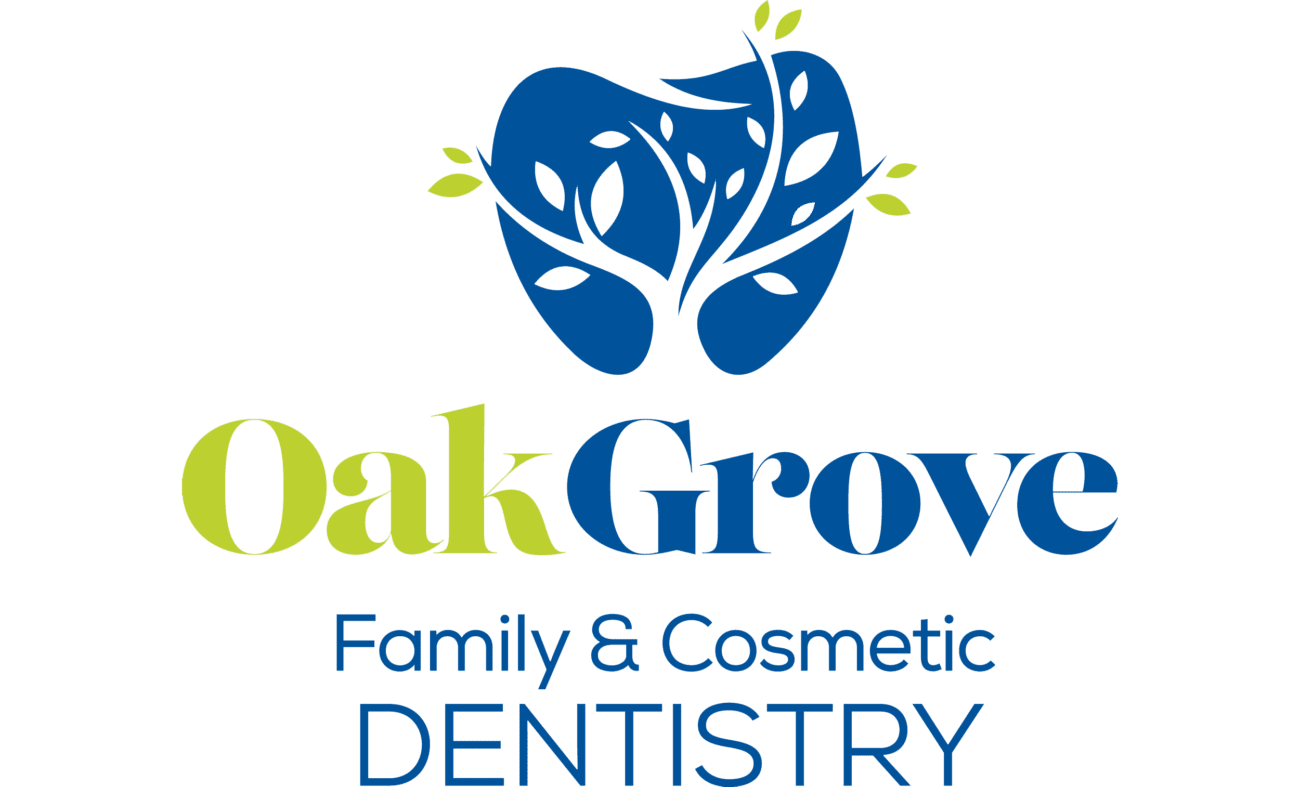Gum disease, also known as periodontal disease, poses a significant threat to oral health. It begins with bacterial growth in your mouth and can progress to tooth loss if untreated. While gum disease is common among adults, it is preventable with the right care and attention. Early intervention can prevent severe outcomes, and regular dental care plays a crucial role in maintaining healthy gums.

Maintain Proper Oral Hygiene
Proper oral hygiene is the cornerstone of preventing gum disease. It is essential to brush your teeth at least twice a day, preferably in the morning and before bed. Use a soft-bristled toothbrush to avoid damaging your gums. Make sure to reach all surfaces of your teeth, including the inner, outer, and chewing surfaces. Replace your toothbrush every three to four months or sooner if the bristles become frayed.
Flossing daily is equally important as it removes plaque and food particles between teeth that your toothbrush cannot reach. Consider using an antimicrobial mouthwash to help reduce bacteria in your mouth. This can provide an extra layer of protection against gum disease. Consistent and thorough oral hygiene routines form the first line of defense against gum disease.
Schedule Regular Dental Check-Ups
Regular dental check-ups are vital for maintaining oral health and preventing gum disease. Dentists recommend visiting the dental office every six months for a routine examination and cleaning. These visits allow your dentist to catch early signs of gum disease before they progress. Professional cleanings are crucial as they remove tartar buildup that cannot be eliminated by regular brushing and flossing. Your dentist can provide personalized advice based on your oral health status. If you have risk factors for gum disease, such as a family history or certain medical conditions, your dentist may recommend more frequent visits.
Avoid Tobacco Products
Tobacco use significantly increases the risk of developing gum disease. The chemicals in tobacco weaken your immune system, making it harder for your body to fight off infections. Smoking also reduces blood flow to the gums, hindering their ability to heal. Quitting smoking could greatly improve your oral health and reduce the risk of gum disease. Avoiding tobacco products is crucial for maintaining healthy gums and preventing periodontal disease.
Eat a Balanced Diet
A balanced diet plays a significant role in supporting gum health. Consuming foods rich in vitamins and minerals is essential for maintaining healthy gums. Vitamin C, in particular, is important as it promotes healing and reduces inflammation. Foods high in vitamin C include citrus fruits, strawberries, and leafy greens. Calcium is also important for strong teeth and gums, so include dairy products, almonds, and broccoli in your diet. Limit your intake of sugary foods and drinks as they contribute to plaque buildup and increase the risk of gum disease. A balanced diet supports your immune system and enhances your body’s ability to fight infections, including gum disease.
Be Aware of Medications
Some medications can contribute to the development of gum disease by causing dry mouth. Saliva plays a crucial role in protecting your teeth and gums by washing away food particles and neutralizing acids. A decrease in saliva production can increase the risk of gum disease.
If you are taking medications that cause dry mouth, discuss the side effects with your doctor. They might adjust your medication or suggest alternatives to minimize the impact on your oral health. Staying hydrated and using a mouth-moistening product can also help alleviate dry mouth symptoms. Being aware of how medications affect your oral health is essential for preventing gum disease.
Recognize Early Signs
Recognizing the early signs of gum disease is vital for timely intervention and treatment. Common symptoms include red, swollen, or bleeding gums, especially during brushing or flossing. Persistent bad breath or a bad taste in your mouth may also indicate disease. If you notice any of these symptoms, consult your dentist promptly. Early treatment can often prevent further damage and preserve your oral health. Regular self-examinations can help you stay aware of any changes in your gums. Recognizing symptoms early can save your teeth and gums from severe complications.
At Oak Grove Family & Cosmetic Dentistry, we prioritize your oral health and provide comprehensive dental care. Our team is dedicated to helping you maintain healthy gums and a beautiful smile. Schedule your next appointment with us to receive personalized care tailored to your needs.
